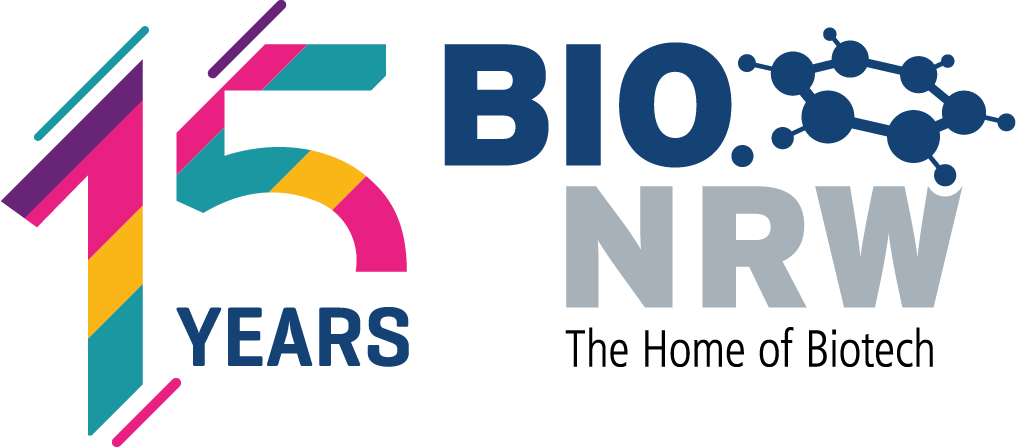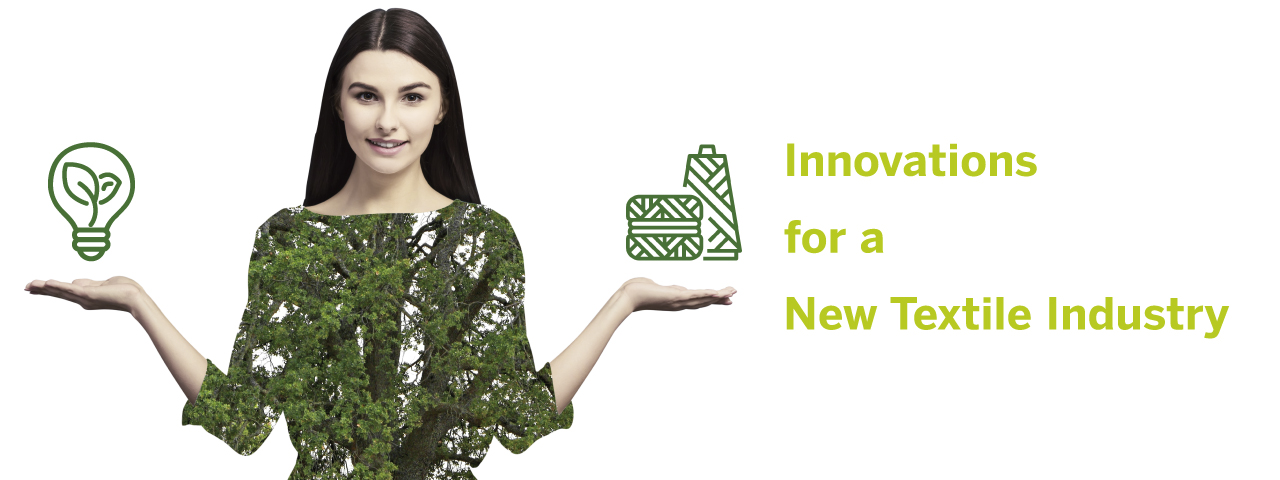
Innovations for a New Textile Industry
Textiles are for us not only vital protection from the weather but also a means of expressing our personality and individuality. A life without clothes is therefore unimaginable for us. Unfortunately, the production of textiles is often associated with negative consequences for people and the environment. Large amounts of resources are needed and clothing usually has a short lifespan. The vision of a new, more sustainable textile industry requires fundamental changes in the systematic handling of textiles and resources. This webinar explains the challenges of the textile industry, but also presents innovations for sustainable production and finishing of textiles. This includes bio-based textiles, recycling of textiles, and new technologies for dyeing and coating textiles.
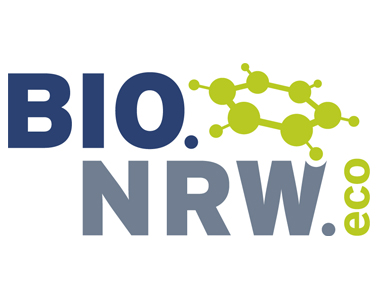
| 26.08.2021 10:00 am – 12:45 pm (CET) |
||
| Webinar | ||
| Book here (free of charge) | ||
| Programme | ||
| Contact for queries | ||
| Speaker |
Book your Event here
Speakers
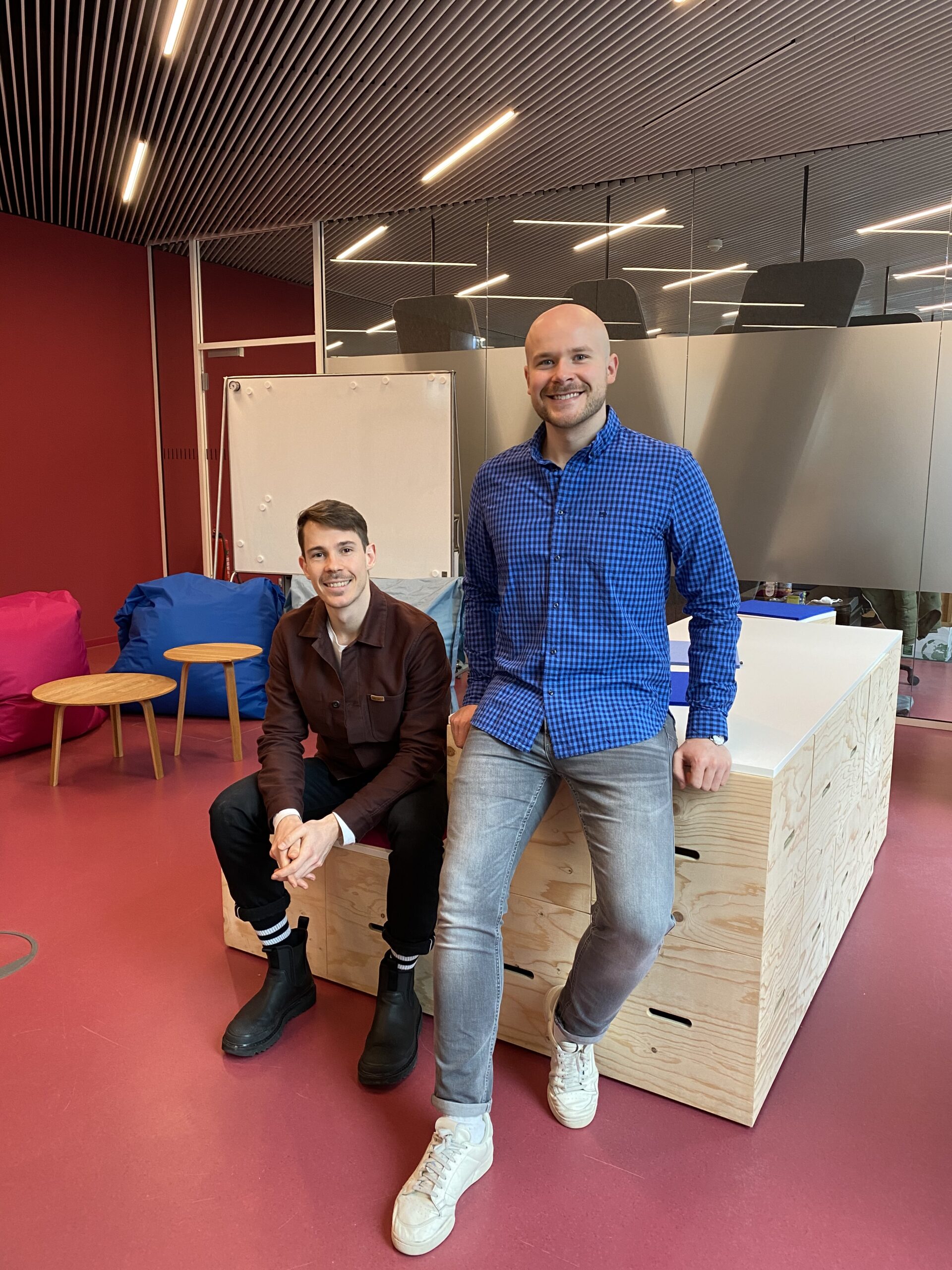
Steffen Gerlach & Reiner Mantsch - EEDEN
In 2019, Reiner Mantsch and Steffen Gerlach founded the startup EEDEN. Since then, they have been working on the development of a chemical recycling process for textile waste. The goal is to process cotton-based waste textiles into virgin cellulose fibers or the raw material cellulose.
As a student of textile technology at the Niederrhein University of Applied Sciences, Reiner initiated the project. With his background in the natural sciences, Reiner is responsible for developing and setting up the process. At an early stage, he called in Steffen, who at that time had completed his studies in business administration at the University of Hamburg. Since then, a lot of know-how in the field of textile recycling as well as a broad network has been built up. Currently, important test series are being carried out in order to finalize the laboratory process in the course of this year. This is the basis for an intended investment, for the transition to the piloting of the process.
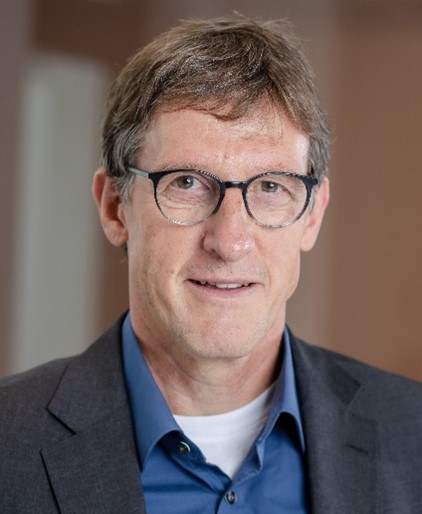
Klaus Berding - GEMIT / Niederrhein University of Applied Sciences
Since 2021, Klaus Berding is a part-time member of the scientific staff at GEMIT Institute in Mönchengladbach focusing on the BioEconomy and its applications. He is in parallel active as consultant in the field of Biotechnology and has worked with fashion & textiles start-ups.
The GEMIT Institute at Niederrhein University of Applied Sciences focuses on application-oriented research in the fields of logistics, IT and human resources to develop sustainability solutions. In the CONUS project, GEMIT is specifically researching the optimization of value chains in different fields by applying digital concepts and the use of bio-based materials. One example is the supply chain in the textile industry where the GEMIT institute can draw on the knowledge within the Niederrhein University. The Faculty of Textile and Clothing Technology is one of the largest study locations in Europe for young textile engineers with a history of more than 100 years.
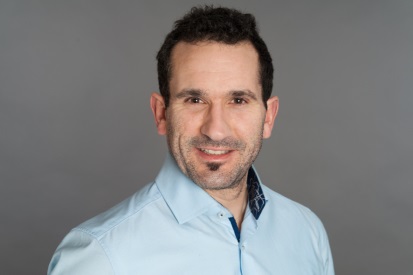
Dr Thomas Hahn - Fraunhofer Institute for Interfacial Engineering and Biotechnology IGB
Thomas studied chemistry and subsequently made his Ph.D. at the Institute of bioprocess engineering at the University of Kaiserslautern with regard to the extraction and purification of heteropolysaccharides from brown algae. In 2012 he started as a research scientist at the Fraunhofer IGB and since 2016, he is the assistant head of the working group “Bioprocess development”. The research topics of Thomas include the extraction of natural polysaccharides like cellulose, latex, and chitin from renewable resources and the purification thereof. Another focus of his work is the chemical and biotechnological modification of the polysaccharides and the respective analytical characterization. He works with several companies and research institutes with the aim to foster the application of renewable resources in textile processing.
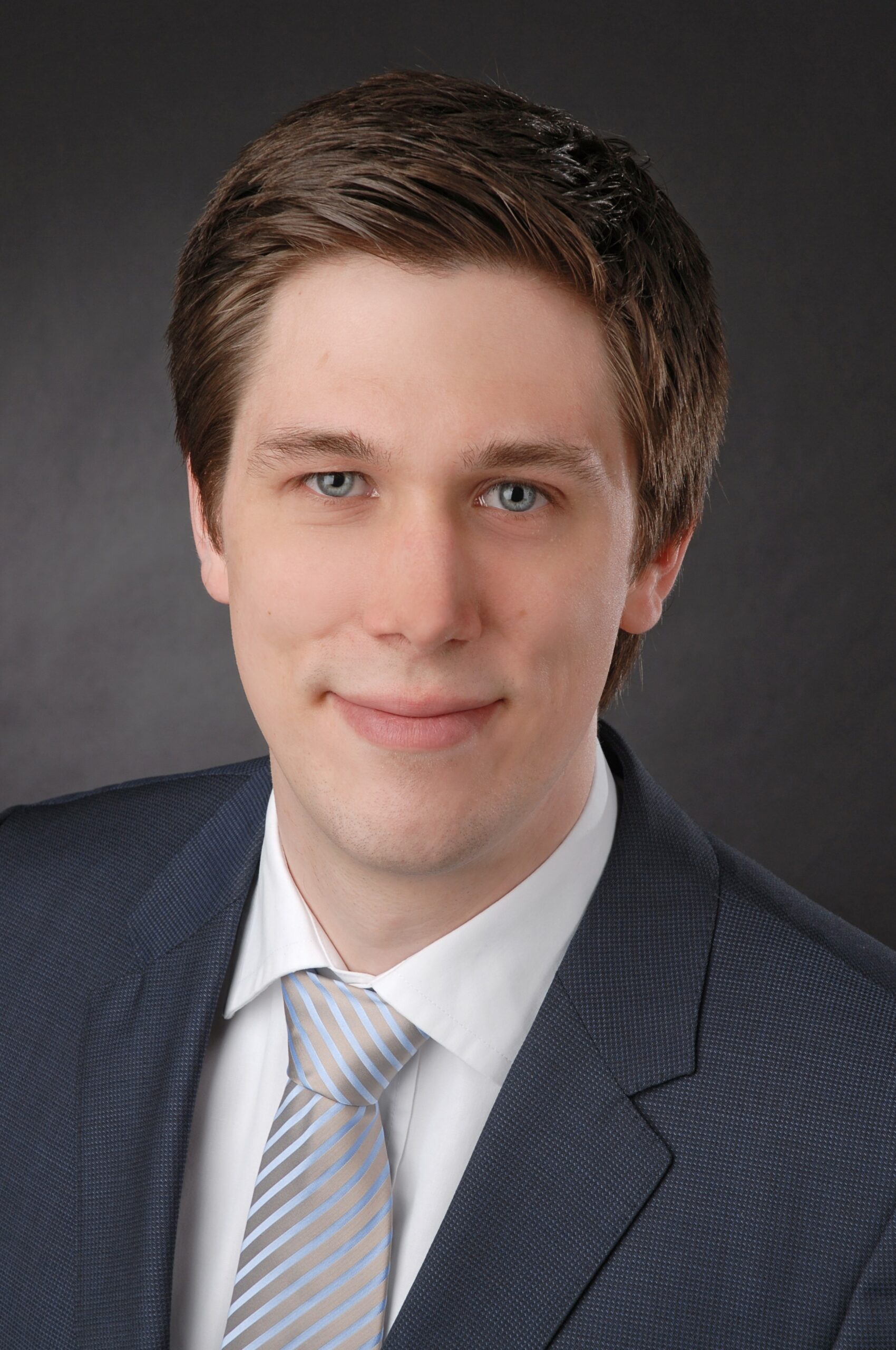
Dipl.-Wirt.-Ing. Thomas Köhler - Institut für Textiltechnik (ITA) der RWTH Aachen University
Dipl.-Wirt.-Ing. Thomas Köhler studied industrial engineering and management at RWTH Aachen University. During his studies, he specialised in production engineering and innovation management. Since July 2014, he has been working as a research assistant at the Institut für Textiltechnik of RWTH Aachen University. In his research, he focused on the sustainable production of man-made fibres and fibre-reinforced plastics. His PhD topic is the development of self-reinforced polymer composites. He currently heads the project management office (PMO) for the RWTH Aachen University in the BIOTEXFUTURE innovation space in the function of a programme manager.
BIOTEXFUTURE is one of four innovation programs supported by the (German) Federal Ministry of Education and Research (BMBF) within the framework of the “Nationalen Forschungsstrategie BioÖkonomie 2030” through the funding measure “Innovationsräume Bioökonomie”. The PMO manages the project portfolio of the program. The responsibilities of the PMO range from operational support to developing the strategic direction of BIOTEXFUTURE.
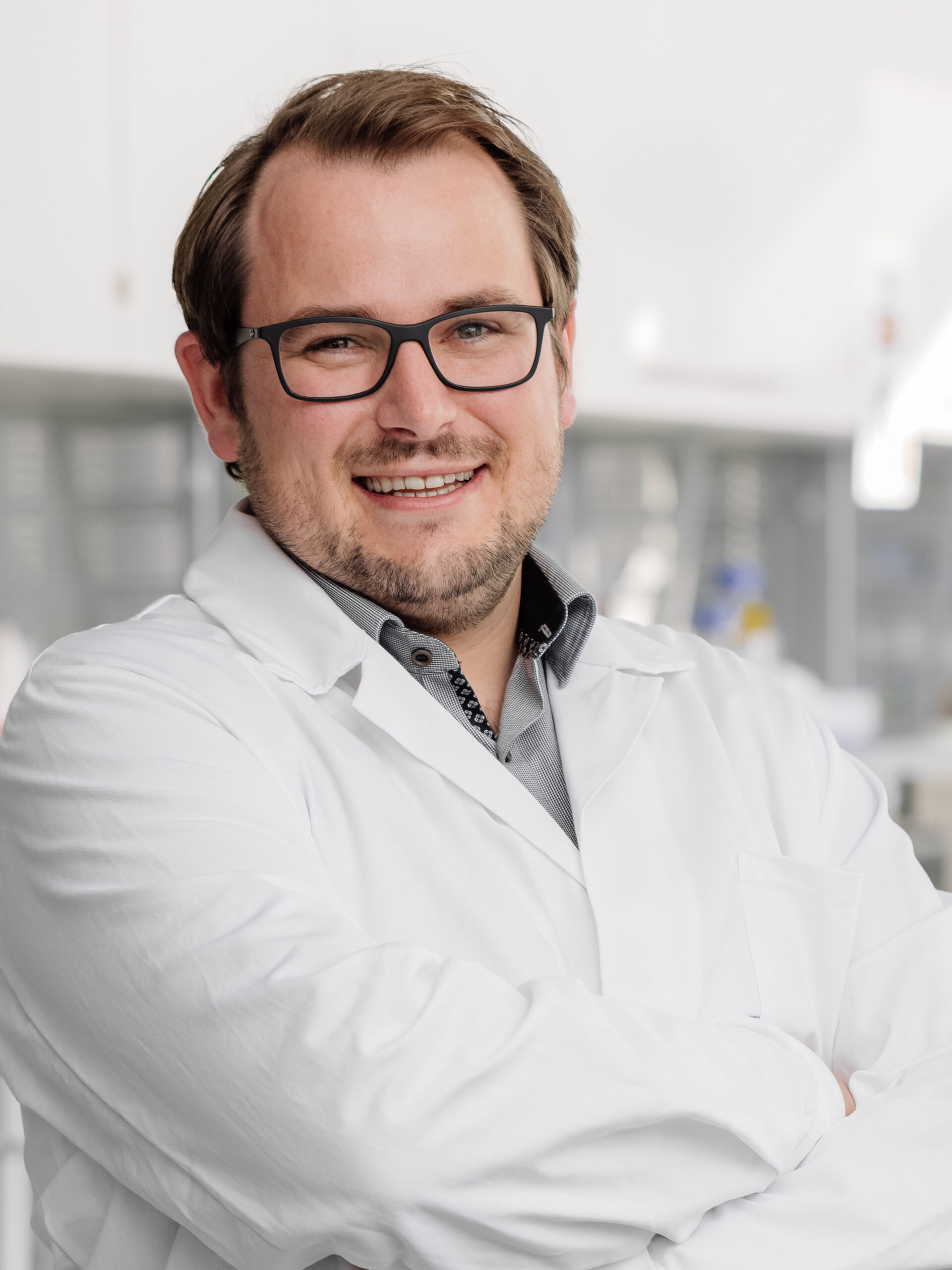
Dr Felix Jakob - DWI - Leibniz Institute for Interactive Materials
Dr. Jakob has been a project leader at the DWI – Leibniz Institute for Interactive Materials e.V. since 2013 and works on the development of customized peptide-based coating technologies for the bioeconomy and medical applications. The peptides and proteins used are tailored for the respective application areas by means of protein engineering via specially developed evolution protocols. From 2018 to 2020, Dr. Jakob coordinated the FocusLab “Green Release” at the Bioeconomy Science Center. In the interdisciplinary research project, the anchor peptides were used to develop a rainfast formulation for contact fungicides. The formulation was successfully validated in the field by the North Rhine-Westphalia Chamber of Agriculture in 2020. Compared to currently used formulations, the same protective effect was achieved with 3 times less pesticide. Since 2020, Dr. Jakob has been coordinating the BioCoat project in the BIOTEXFUTURE innovation space, in which peptide-based coatings for textiles are being developed.
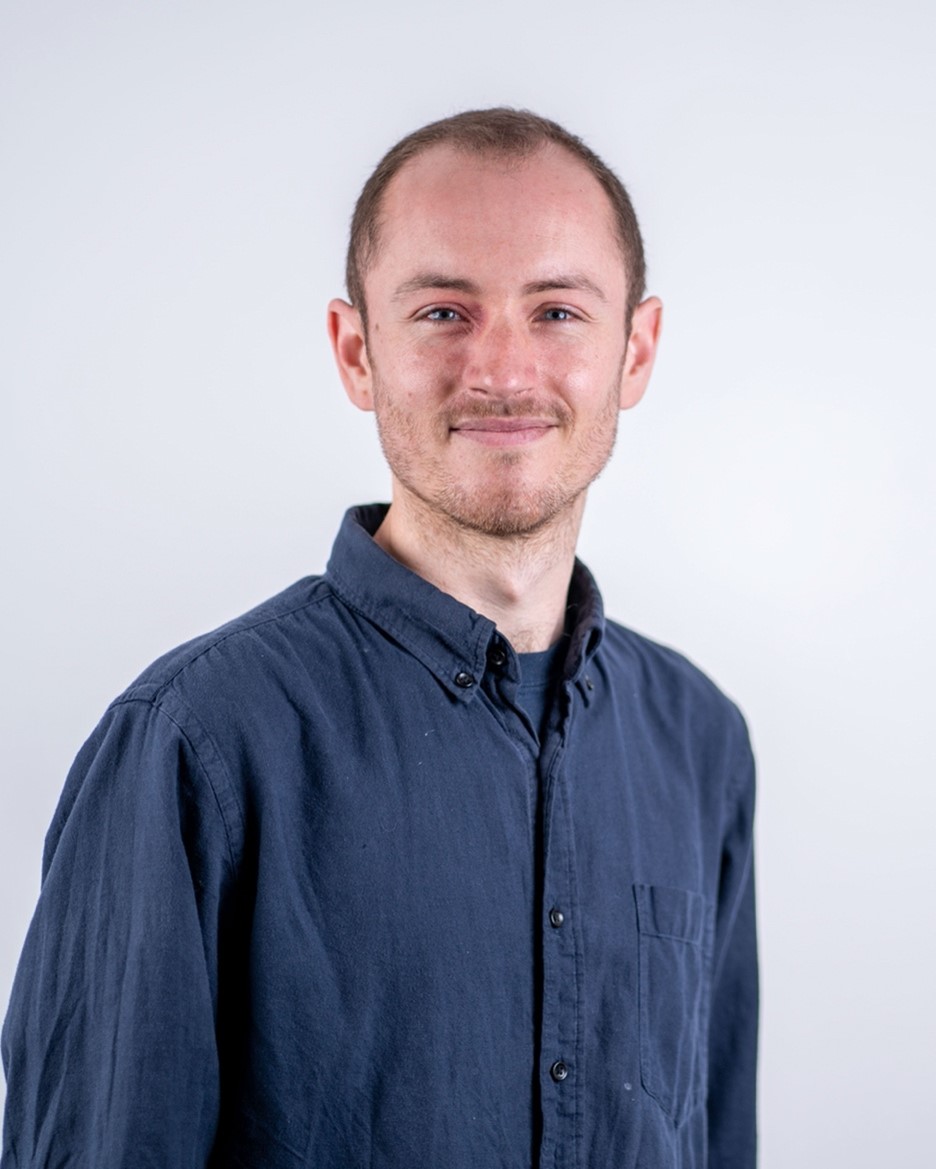
Dr Charlie Gilbert - Colorifix
Inspired by nature and engineered through synthetic biology, Colorifix has developed a revolutionary dyeing process to help the textile industry dramatically reduce its environmental impact. Our entirely biological process of producing, depositing, and fixing pigments onto textiles eliminates the use of toxic chemicals and significantly reduces water and energy consumption compared to conventional dyeing processes.
Charlie Gilbert is a research scientist in the microbial engineering team at Colorifix. The microbial engineering team focuses on leveraging tools and techniques from the fields of synthetic biology, metabolic engineering, natural products, and fermentation to create pigment-producing microbes suitable for industrial-scale textile dyeing. Charlie’s work focuses on tools and pipelines for engineering microbial strains.
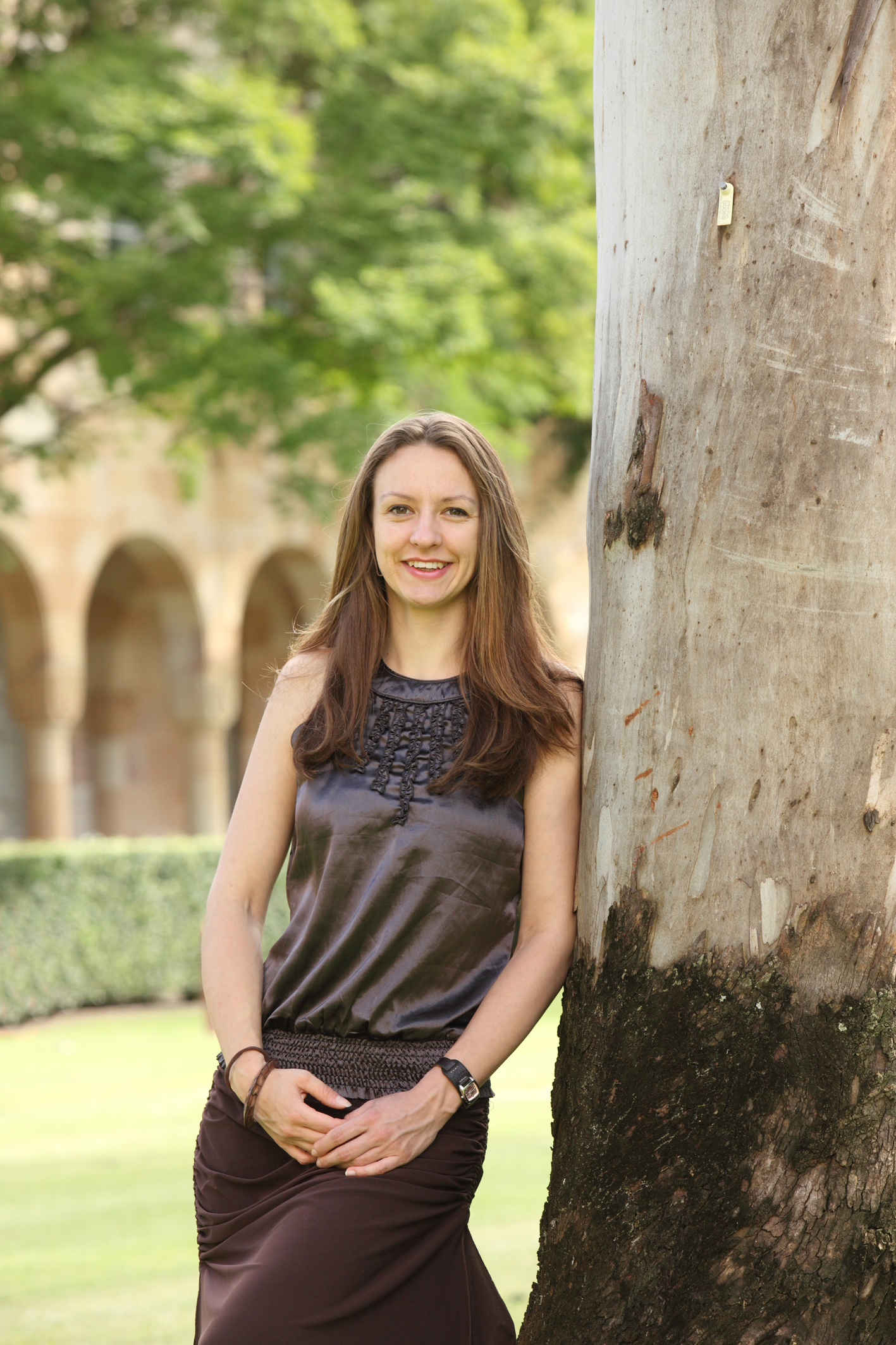
Tanja Meyer – Bio Base Europe Pilot Plant
BBEPP is a service provider for process development, scale-up and custom manufacturing of biobased products and processes. It is an independent, open access facility that operates from a laboratory level to a multi-ton scale with a wide and flexible spectrum of modular unit operations that transfers biobased lab protocols into viable industrial processes.
Tanja Meyer is European Project Coordinator working in the project acquisition unit at BBEPP and is co-coordinating the Glaukos Project, that develops innovative bio-based textile fibres and textile coatings. Tanja holds a master degree in Technology and Innovation Management (The University of Brisbane) and an engineer degree in Bio-and Nanotechnologies (University of Applied Science Suedwestfalen).
Before Tanja came to Ghent, Belgium, she worked as Project Manager for several FP7/H2020 projects and Networking associations at the Fraunhofer Institute for Manufacturing Engineering and Automation in Stuttgart, Germany, in the area of ultraclean technology, micro-and nanotechnology and smart devices.
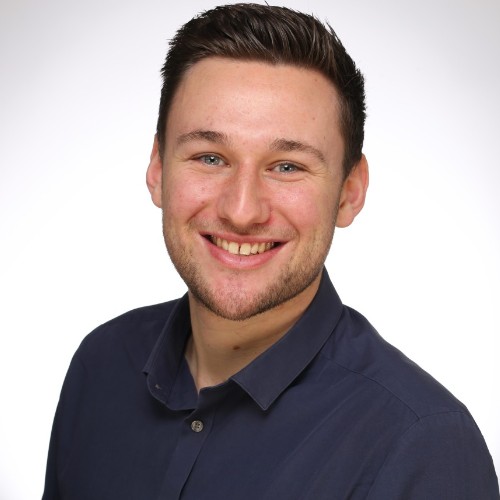
Jan de Witt - Institute of Bio- and Geosciences (IBG-1) at the Forschungszentrum Jülich
Jan de Witt is a Ph.D. student at the Institute of Bio- and Geosciences (IBG-1) at the Forschungszentrum Jülich. He started his Ph.D. project in the microbial catalysis group of Prof. Dr. Nick Wierckx in June 2020. The overall goal of his Ph.D. project is to develop a bio-upcycling process for novel biopolymers designed for the textile industry. Bio-upcycling is an opportunity to add value to waste materials by establishing it as substrate for microbial biotechnology. This should enable a sustainable end-of-life solution for the textile waste. For this, his research focuses on the isolation and optimization of polymer-degrading enzymes from various microorganisms. Furthermore, microorganisms are genetically engineered to not only metabolize the resulting polymer hydrolysate but also produce value-added compounds, such as bioplastics, from this.
Impressum:
DNY59-istockphoto.com, vadimguzha-istockphoto.com
Montage: it’s FR!TZ, ArmOkay/noun project
